and even more was invested globally in 2015 in Fintech startups that might disrupt the big financial players.



Of all the promising new technologies that have emerged in recent years in the financial service sector, the best candidate for being a real gamer changer is the technology that powers decentralized cryptocurrencies, known as “blockchain”. The first and most famous of these currencies is Bitcoin, which was created in 2009.
All Bitcoin transactions are carried out peer-to-peer and thus outside the control of any central authority, whether commercial or governmental. This lack of oversight has made Bitcoin a popular means for buying illegal drugs and weapons on the dark web, especially on sites such as the notorious and now defunct Silk Road.
The original advocates for Bitcoin were libertarians and cyber-anarchists, people who liked it precisely because it removed the need for banks or other middlemen. Few imagined in the early days that blockchain, the technology underpinning Bitcoin, could have applications in conventional financial services.
"Peer-to-peer currencies could completely transform the financial industry. But banks are yet to decide if this technology is friend or foe."
2015 saw huge interest in blockchain technology. Over 1 billion USD was invested in Fintech startups that could potentially disrupt the big financial players with services such as bank transfers and peer-to-peer loans.
Blockchain technology also attracted much attention from the big players themselves, and it is among the major points of discussion in Roland Berger’s digitization initiatives like Terra Numerata.
A Roland Berger survey of digitization prospects in Switzerland found that crypto-technologies and blockchain had the third greatest potential in digitization in coming years, after wealth management and security/digital identity services.
Yet those interviewed expressed a degree of uncertainty in the direction that the technology would take. “We really have no idea what this whole thing is going to turn into,” the director of the MIT Media Lab told Roland Berger.